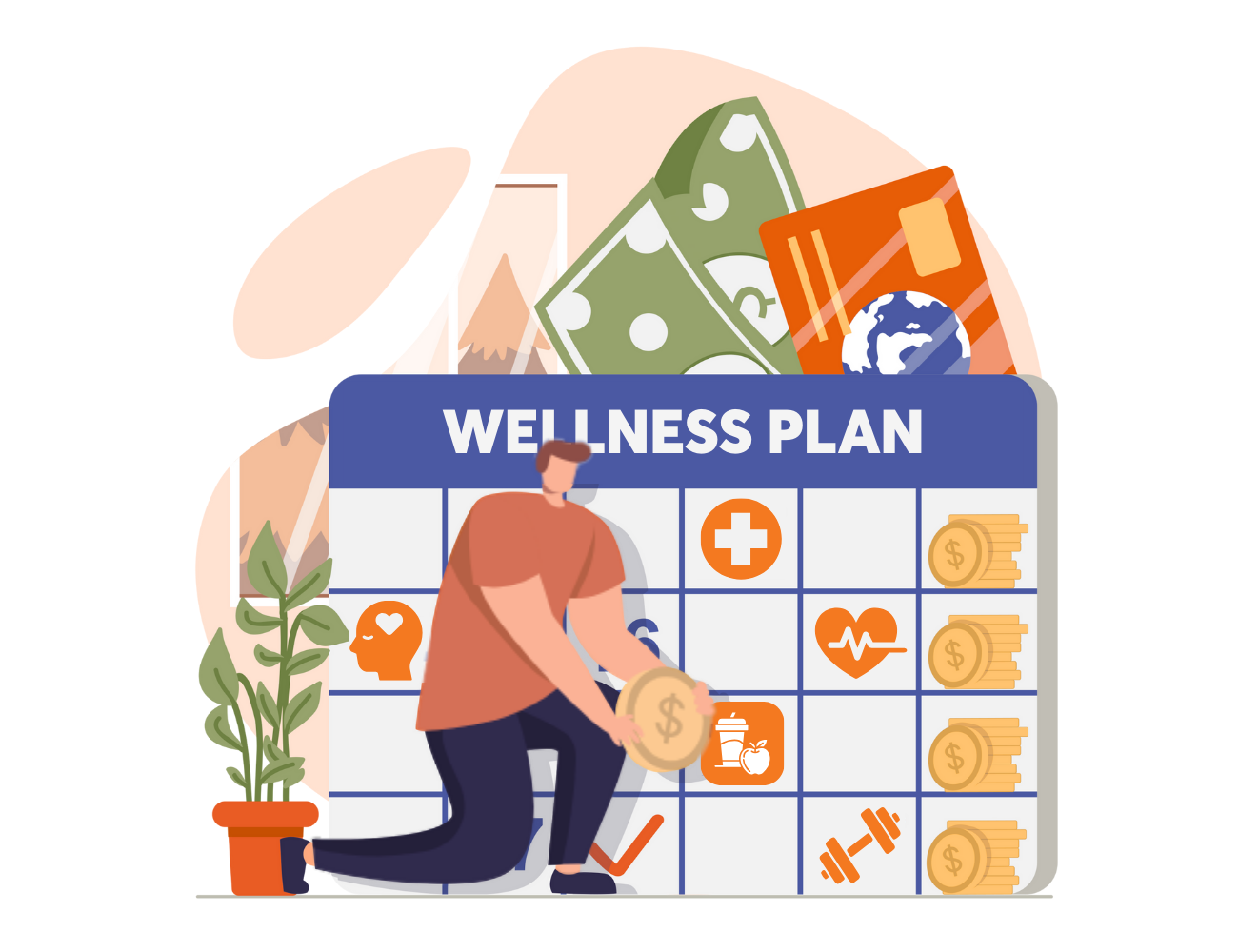With more and more companies looking for in-person and virtual health coaching and seminars to educate their workforce on topics such as exercise, nutrition, sleep, and stress management, the staff left in charge of organizing these programs face an increasingly difficult question: how do I choose a vendor that provide quality services by certified wellness professionals? As the number of companies offering wellness services increases, so does the challenge of choosing between them.
There are two real issues here:
- You want to be sure that your employees are getting the correct information from someone who is educated and knowledgeable on the topic they’re teaching
- These services are often expensive, and you want to know that you’re getting what you pay for BEFORE you buy
Interested in bringing a health coaching program to your organization but don’t know where to start? Check out our FREE ebook: Employee Health Coaching 101 where you can find extensive information on planning and evaluating for success!
The challenge for employers is that there are a disturbingly large number of personal trainers and wellness coaches that teach their clients dangerously incorrect practices and information. Likewise, there has been a steady increase in the number of online “health coaches” offering paid consultations to an unsuspecting audience. To help you make better purchasing decisions, below is a list of factors to evaluate potential wellness professionals in order of importance.
1. University/Graduate Education
This is (or should be) the easiest and most effective way to evaluate a prospective professional. If you are looking to host a nutrition seminar, it makes sense to look at the prospect’s formal education on the matter. The Wellable team is comprised of professionals with a diverse set of degrees (MD, PhD, RD, MPH, etc.) for wellness program success. Collectively, these professionals ensure the information delivered to Wellable customers is accurate, relevant, and impactful to their daily lives.
However, while a higher education degree is certainly a strong case for a potential coach’s quality, this does not necessarily guarantee their efficacy. For one thing, not everyone that has a passion for nutrition has the resources to afford a college degree in the field. Another potential pitfall is that the research on nutrition is in constant flux, and a truly high-quality professional will continue their education to stay up-to-date and effective.
2. Certifications
While they are technically not as rigorous in education requirements as a college degree, certifications in health and wellness are more accessible to a broader range of applicants and should be even easier to identify as a qualification of a potential service. As an example, many personal trainers may not have a college degree in exercise science but are extremely passionate about fitness and put massive amounts of time into self-education and other non-traditional forms of improvement. Attaining a certification from their own initiative is a sure sign that the trainer is of high caliber.
However, there are a number of certification organizations out there that are one-day seminars or not rigorous enough to ensure quality so be sure to research the certification before making a decision. For a solid list of top personal trainer certifications, check here.
3. Produced Work
Most wellness professionals who are not only qualified to teach a group of employees but are also passionate will have produced some kind of work on their area of expertise, be it video or written content. Of course, this work serves as an excellent opportunity to vet the knowledge of the professional with a little bit of research on your part. Did a potential nutrition seminar professional write a blog post on how juice cleanses are the key to fat loss? Fact check them by utilizing resources such as Examine.com.
4. Testimonials
Customer feedback is probably the most common way to evaluate the quality of wellness services. If a provider has no client feedback easily accessible on their website or by request, that’s probably a big red flag. At the same time this may not be the most reliable way to decide on a service offering. The presenter or health coach could have simply been a great speaker and created an engaging PowerPoint, thus satisfying the participating employees, but could have also told them the completely incorrect information. So, the feedback might be great, but also entirely inaccurate. Pair this feedback with other evaluation criteria to increase confidence in in your decision.
5. Social Media
A potential wellness professional’s social media presence can be extremely telling. This is last on the list because a social media profile can be an unreliable reflection of the professional and used primarily for marketing and sales purposes. What they are selling or promoting can be helpful in discerning the quality of the professional. Is the person that you’re considering for a nutrition seminar promoting carb blocking supplements? That’s a big red flag. If they really do specialize in working with employee groups, there should be substantial evidence of this on their social media pages, and hopefully some testimonials from customers as well.












